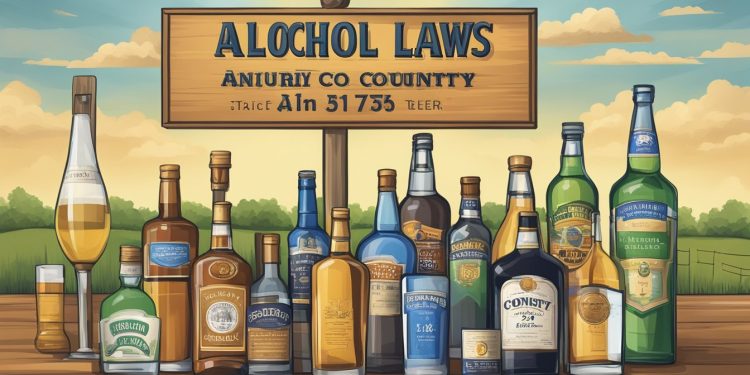By Mackie M. Jalloh
In a bid to strengthen regulation and boost revenue collection, the National Revenue Authority (NRA) and the Judiciary of Sierra Leone have issued a directive mandating the annual payment of liquor licenses for all businesses involved in the sale of alcoholic beverages. This measure, as outlined in the Liquor and Licensing Ordinance of 1958 (Cap 238), seeks to ensure compliance and accountability in the liquor trade while promoting a more structured and transparent industry.
The public notice, dated January 9, 2025, emphasizes that all registered dealers, shop owners, and other entities engaged in the sale of spirits and alcoholic drinks must adhere to this regulation by making an annual payment to the government through the NRA. The enforcement is intended to establish order within the industry and ensure that only authorized businesses operate legally.
The law categorizes alcohol sellers under different tiers, with each required to pay a fee based on the nature and scale of their operations. This process helps regulate the market and ensures that businesses meet specific standards to operate.
The NRA highlighted that failure to comply with this legal requirement would result in penalties, including possible legal action. This enforcement strategy aims to eliminate the growing trend of unlicensed operations while protecting consumers from substandard or unsafe alcoholic products.
The government’s renewed focus on liquor licensing is significant for multiple reasons:
- Revenue Generation: The fees collected from licenses contribute to national revenue, which can be redirected to essential public services such as healthcare, education, and infrastructure development.
- Market Regulation: The initiative ensures that only legitimate and law-abiding businesses participate in the liquor industry. This eliminates the risks associated with illegal alcohol sales and promotes a fair competitive environment.
- Consumer Protection: Licensing provides an opportunity for the authorities to monitor the quality of alcoholic products sold in the market, reducing the chances of harmful or counterfeit beverages reaching consumers.
- Social Accountability: The regulation aligns with broader goals of reducing alcohol misuse and its associated societal challenges by controlling its distribution and availability.
While the enforcement of annual liquor license payments has been well-received in many quarters, concerns have been raised by small-scale liquor sellers and bar owners. Many argue that the fees could create financial strain, particularly for those operating in rural or low-income areas.
There is also the challenge of ensuring effective communication and outreach to inform all affected parties about their obligations under the law. Business owners in remote areas may not be fully aware of the licensing process, creating a gap in compliance.
To address these issues, the NRA could consider offering flexible payment structures, such as installment plans, for small businesses. Additionally, public awareness campaigns and simplified registration procedures could help bring more sellers into compliance.
The NRA has called on the public to support the initiative by ensuring they purchase alcoholic products only from licensed dealers. By doing so, consumers not only uphold the law but also help to ensure that they are buying safe, regulated products.
To facilitate compliance, the NRA has established channels for inquiries and guidance. Sellers and businesses can visit their office at Rensis House, 5 Gloucester Street, Freetown, or contact the authority through their hotline at 839 for assistance.
The enforcement of liquor licensing regulations forms part of the government’s broader strategy to promote accountability, formalize the informal sector, and ensure sustainable revenue generation. By prioritizing compliance, Sierra Leone is taking a critical step toward fostering economic growth and improving the regulation of its alcohol industry.
While implementation may face initial hurdles, collaboration between the NRA, Judiciary, businesses, and the public is essential to ensure the success of this initiative. Over time, the government’s commitment to enforcing liquor licensing could contribute to a safer, more accountable, and economically stable Sierra Leone.











